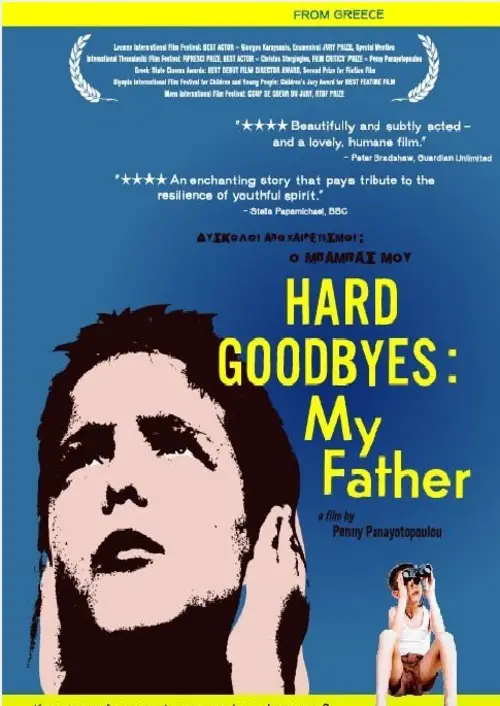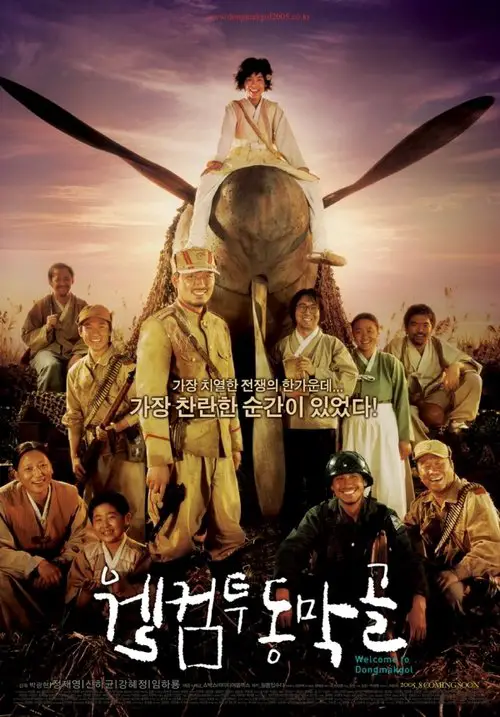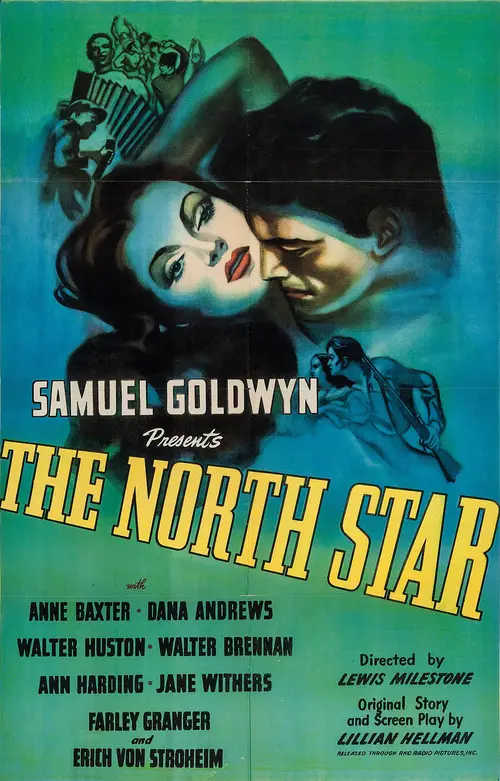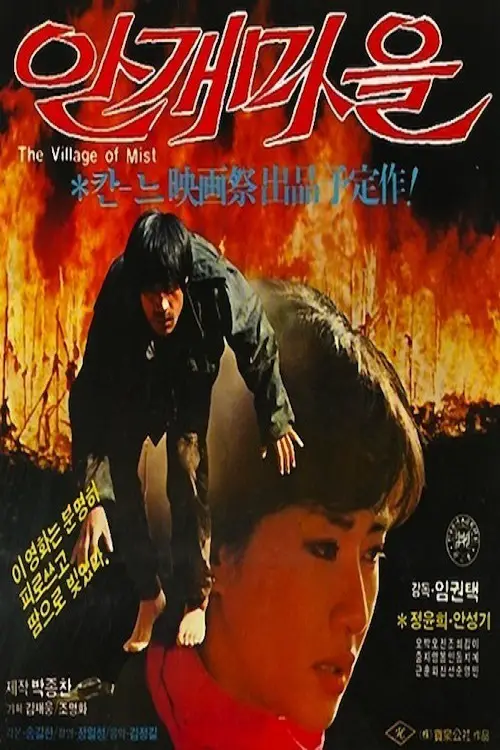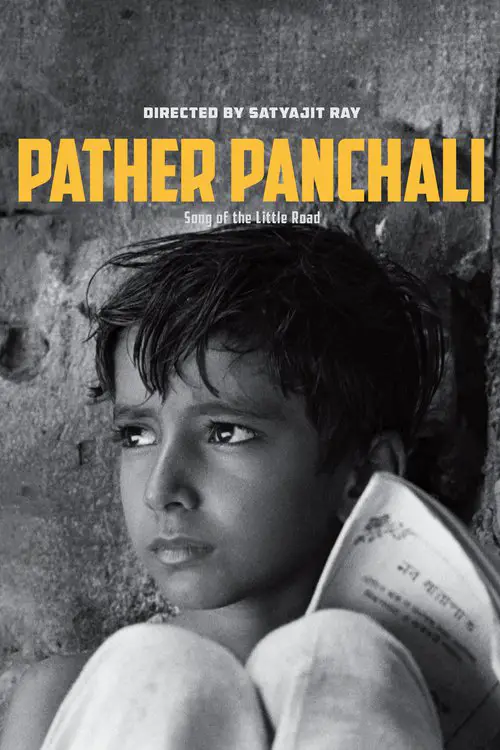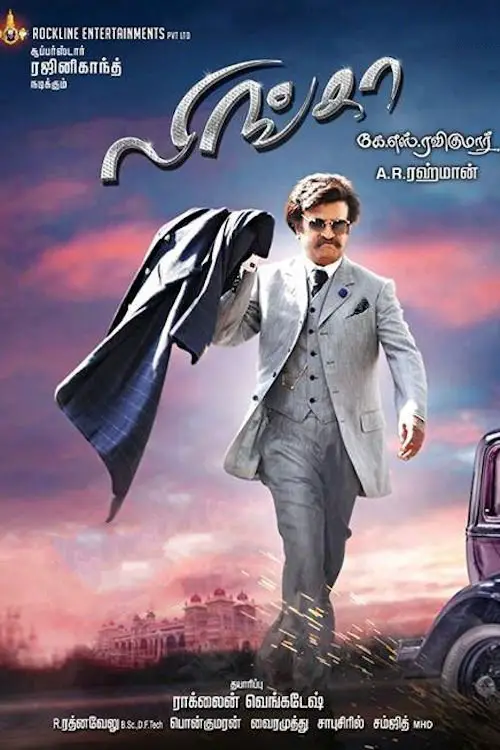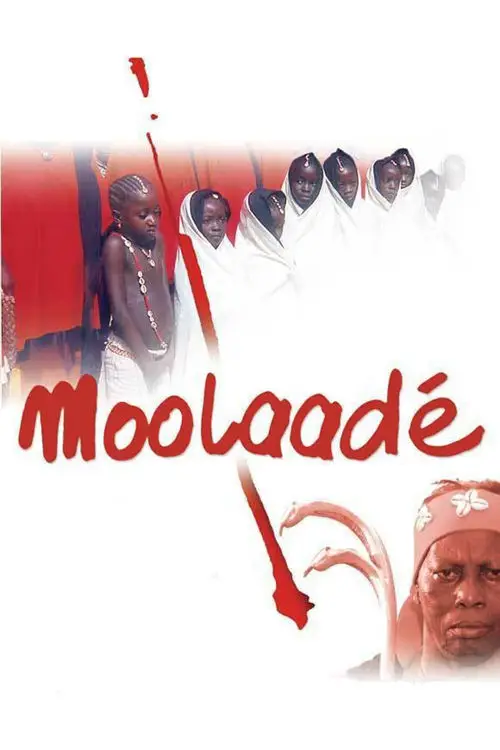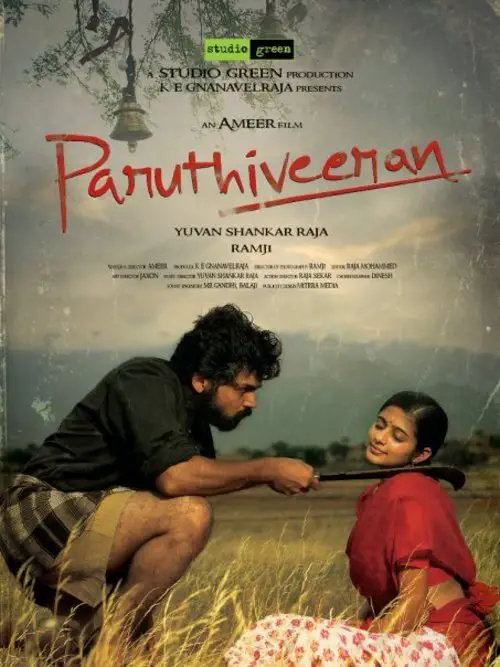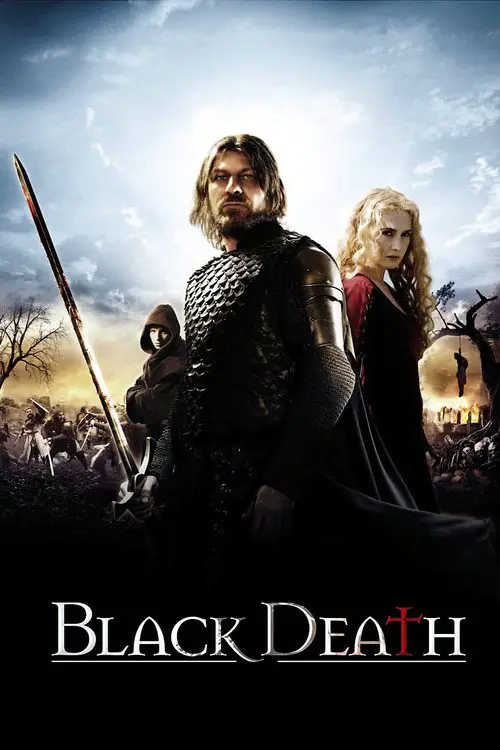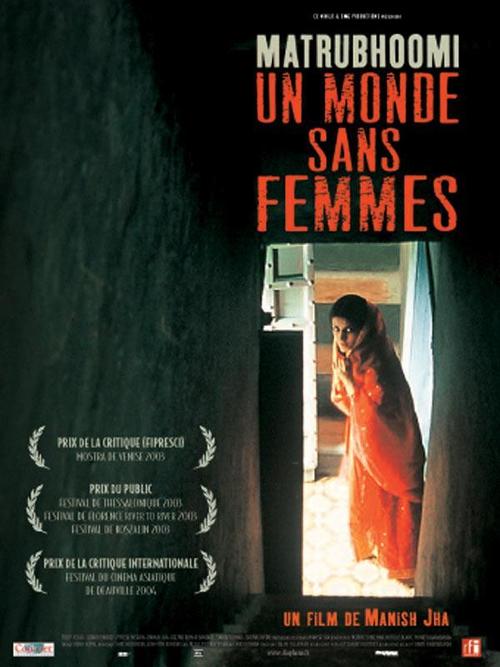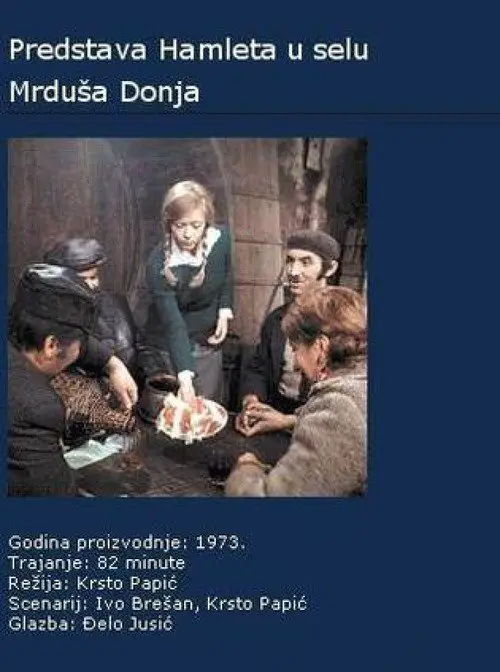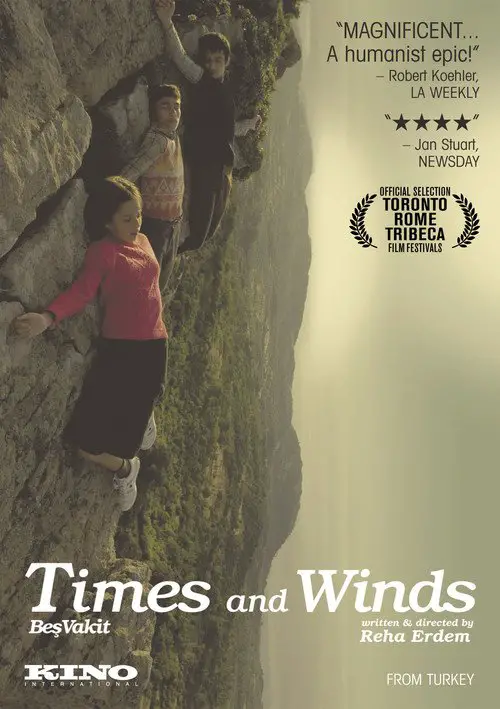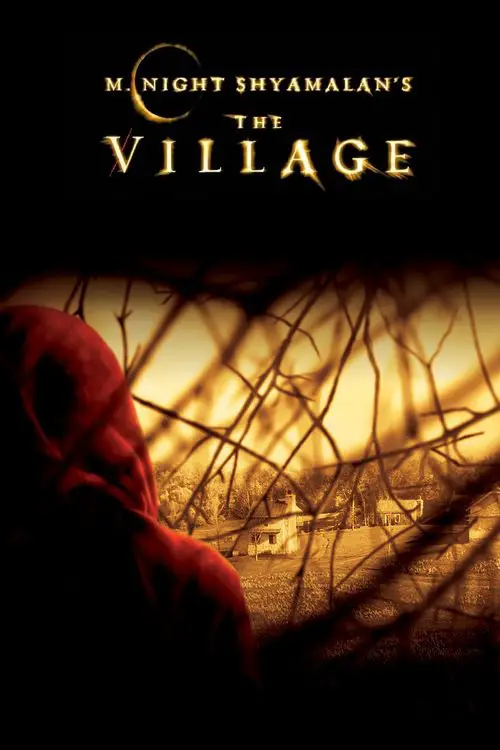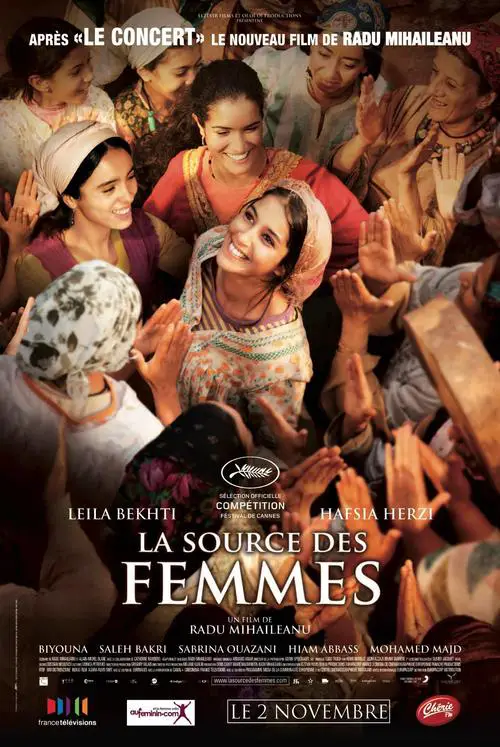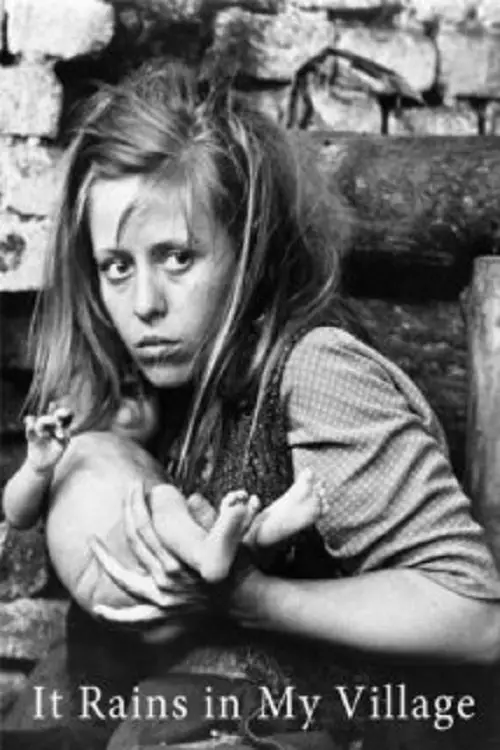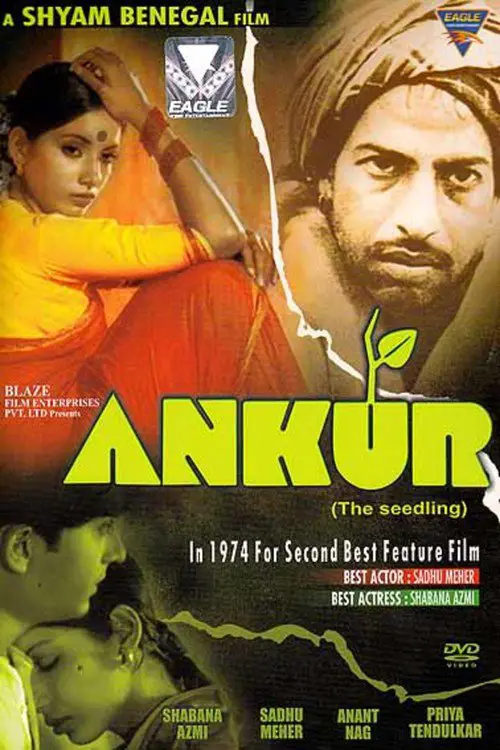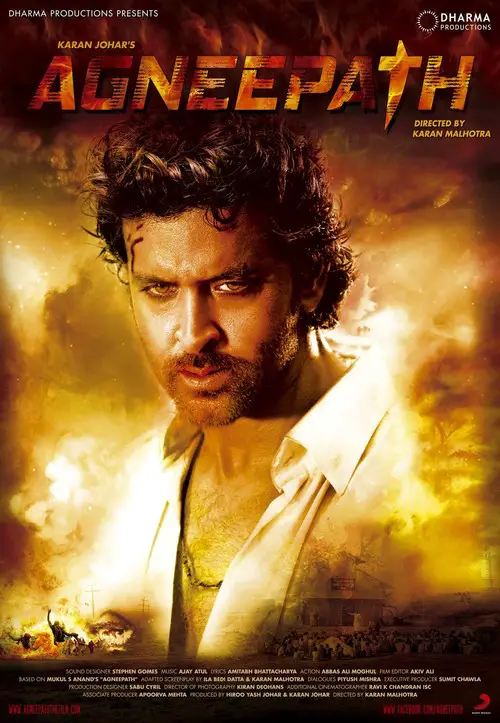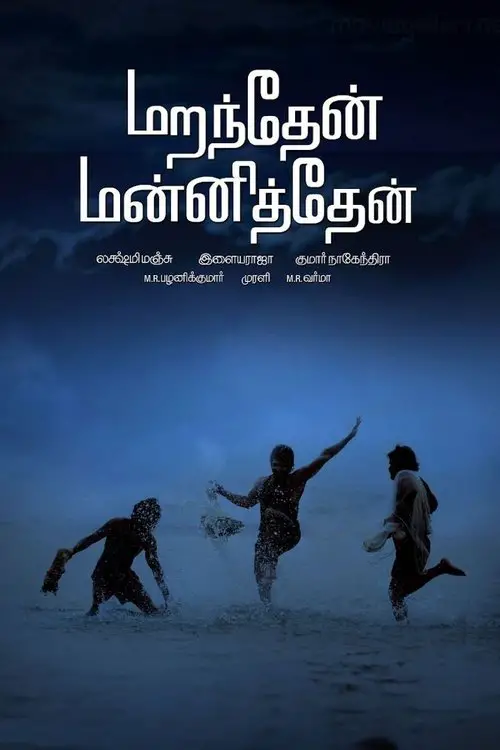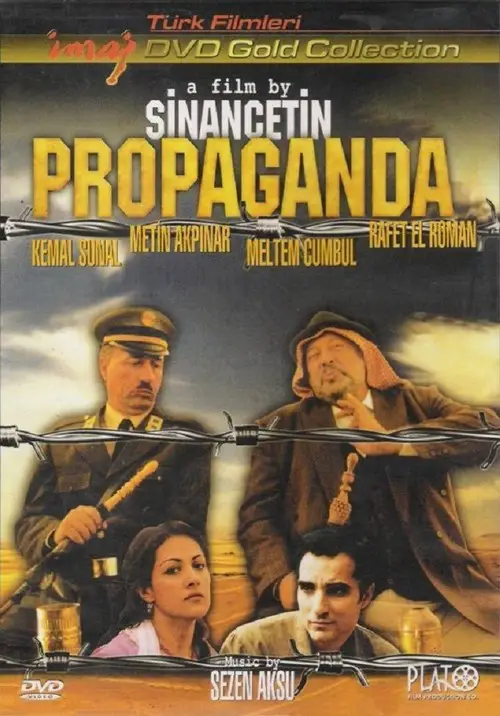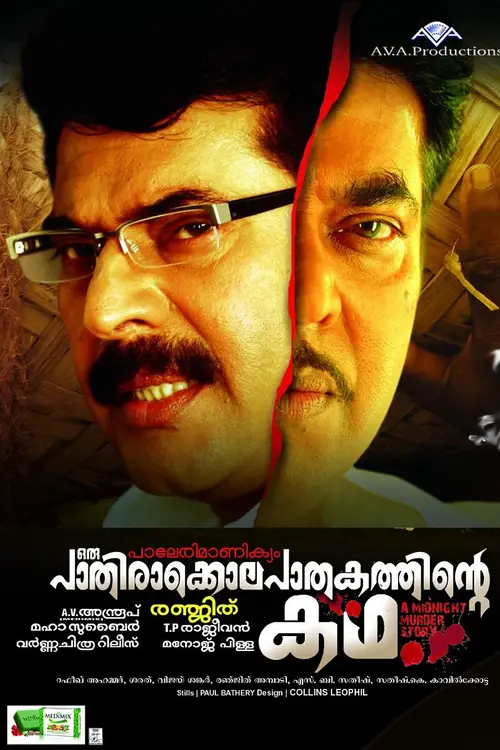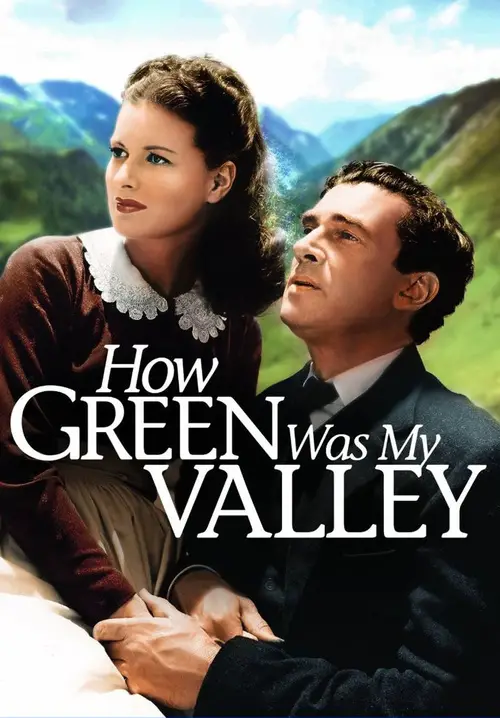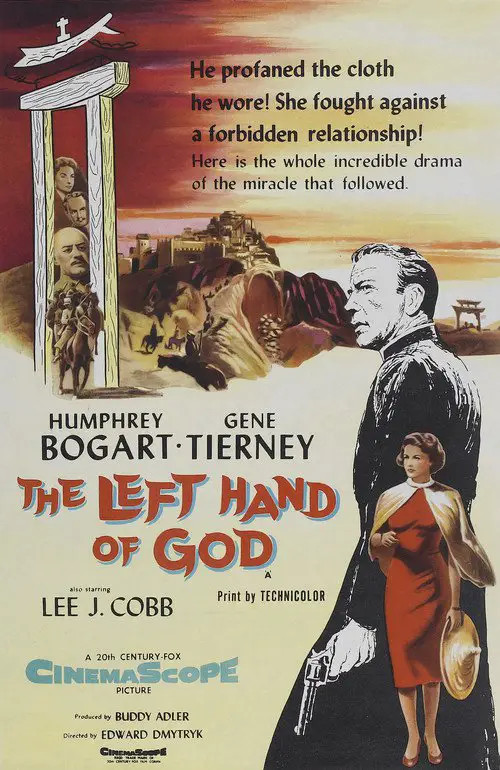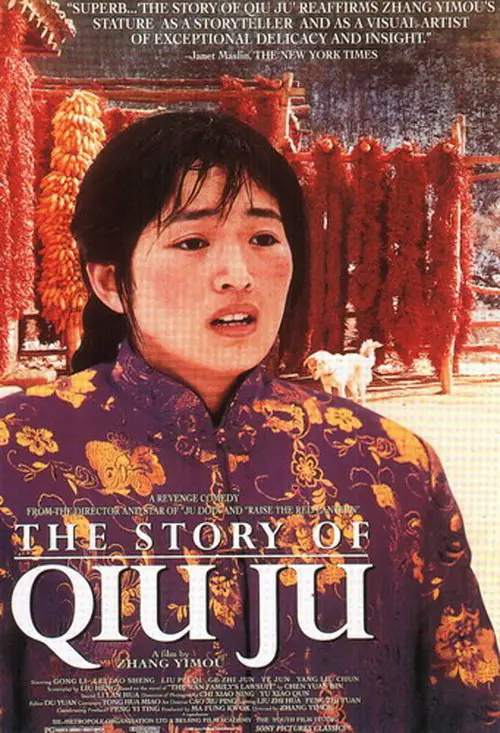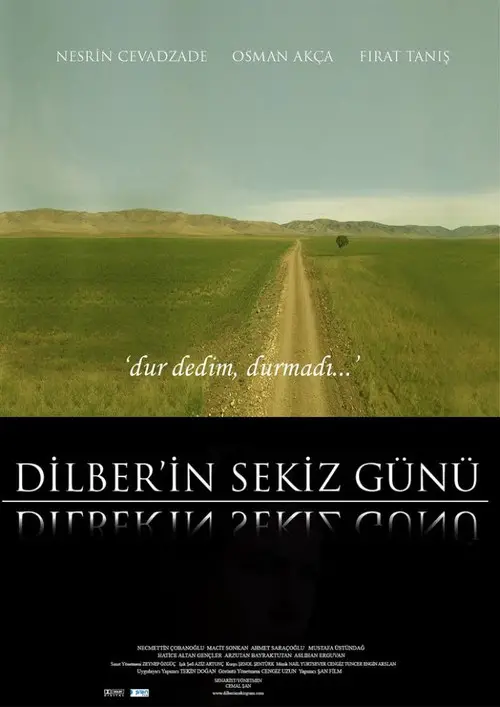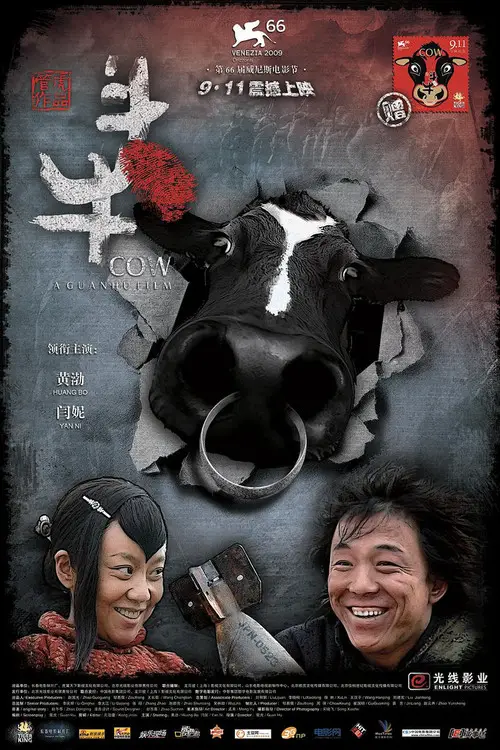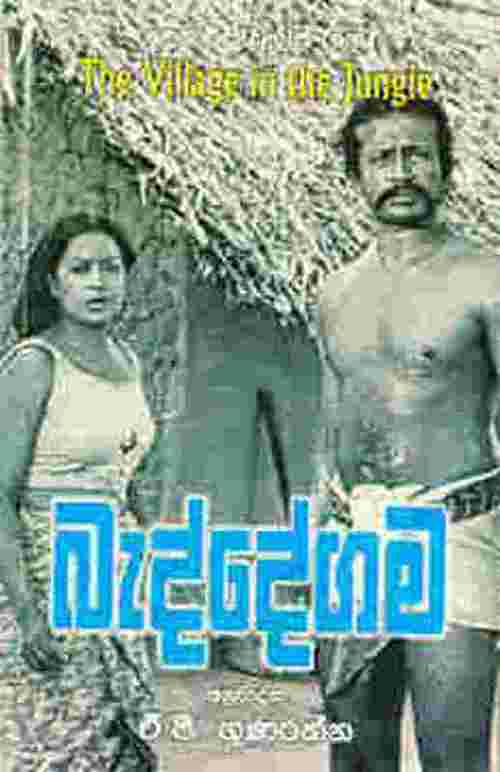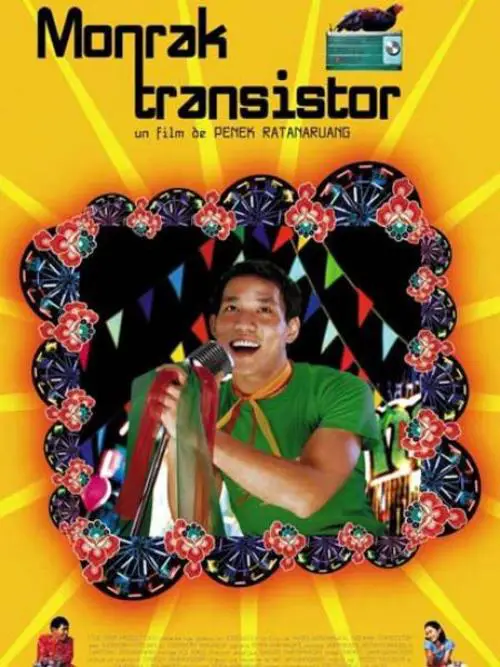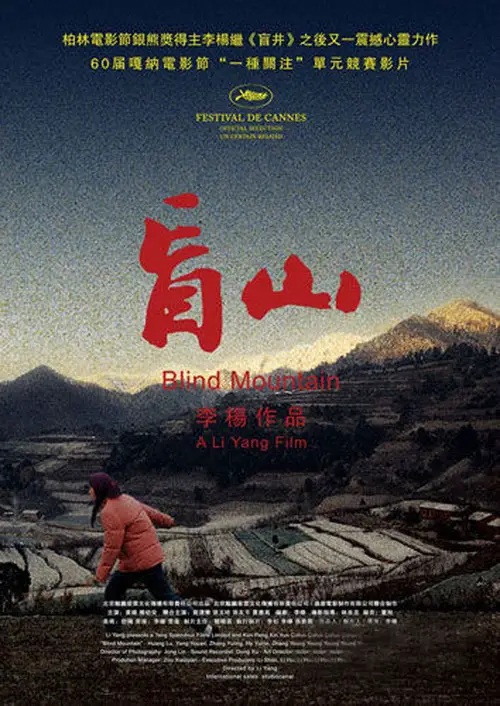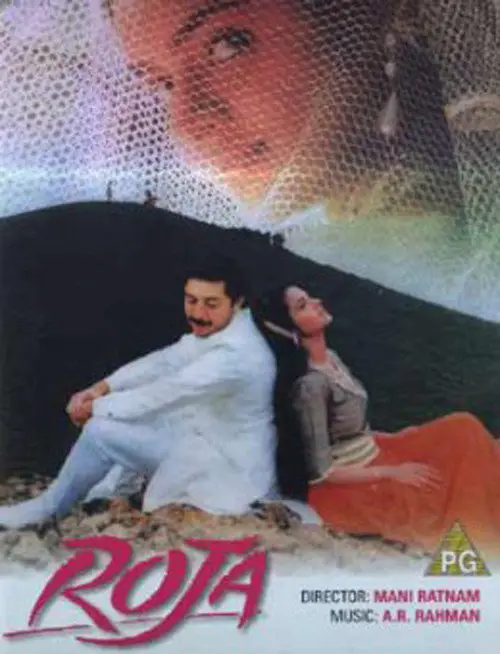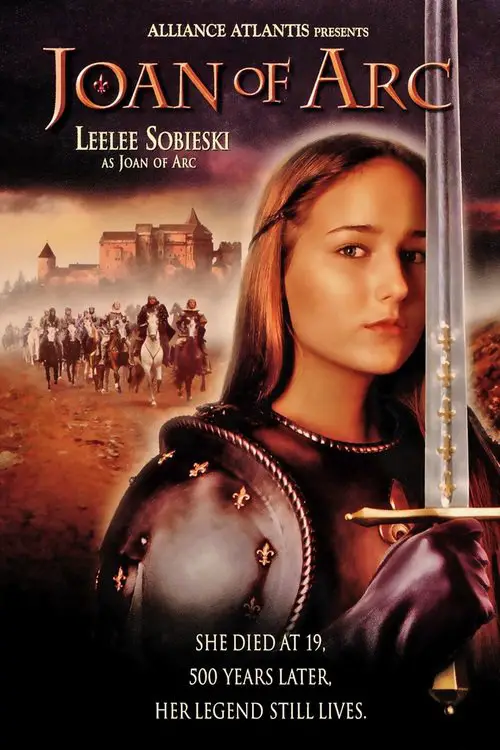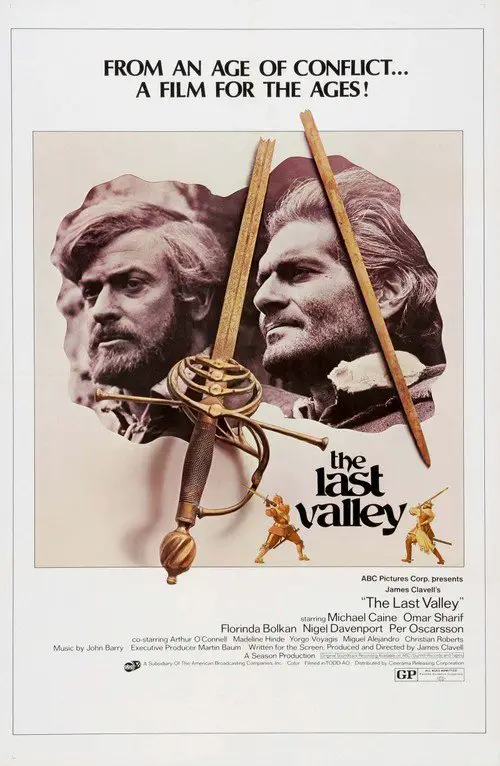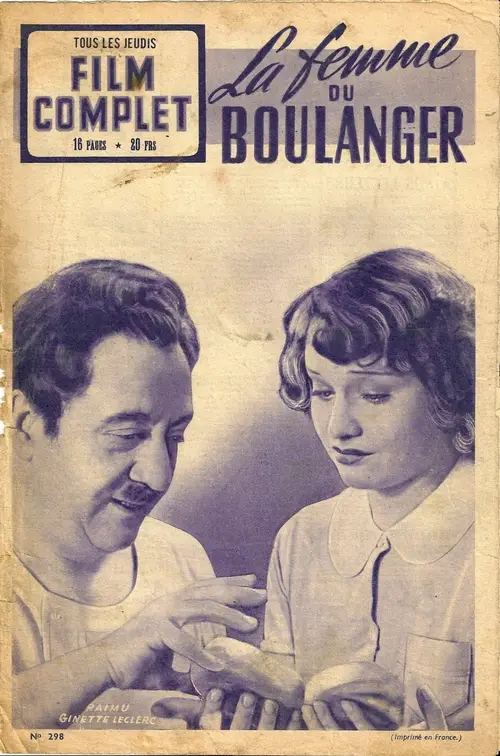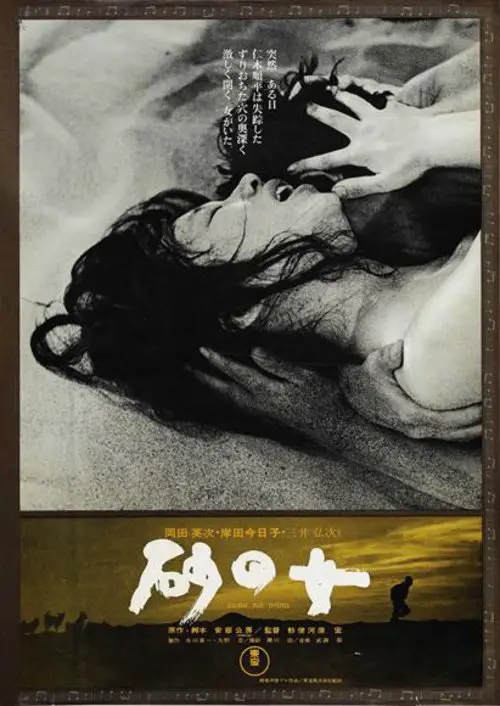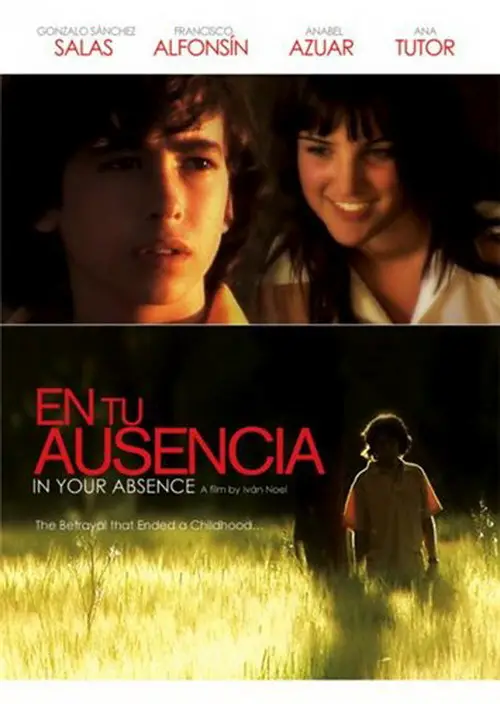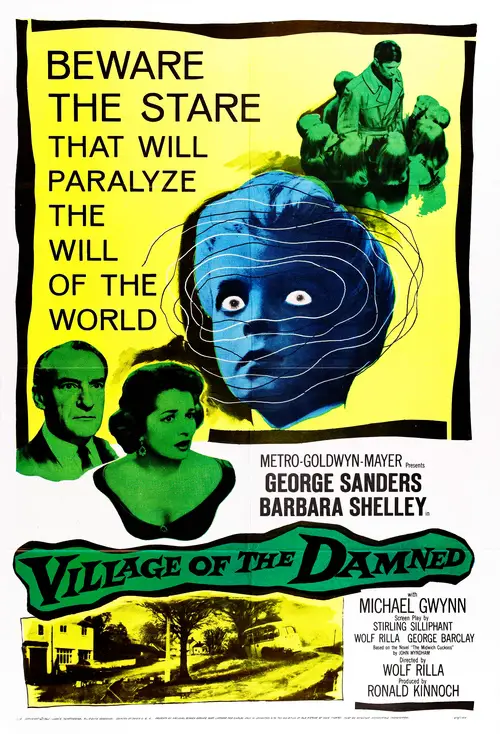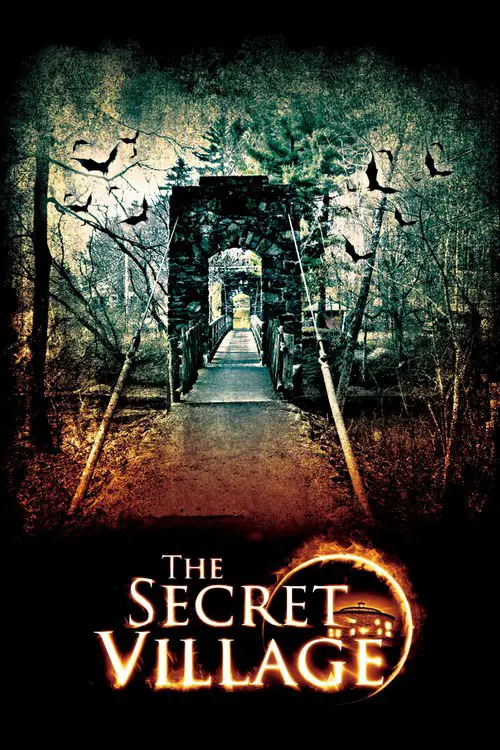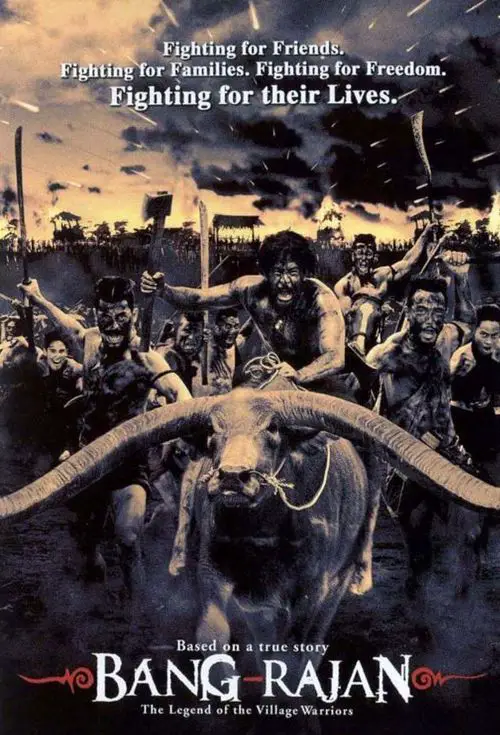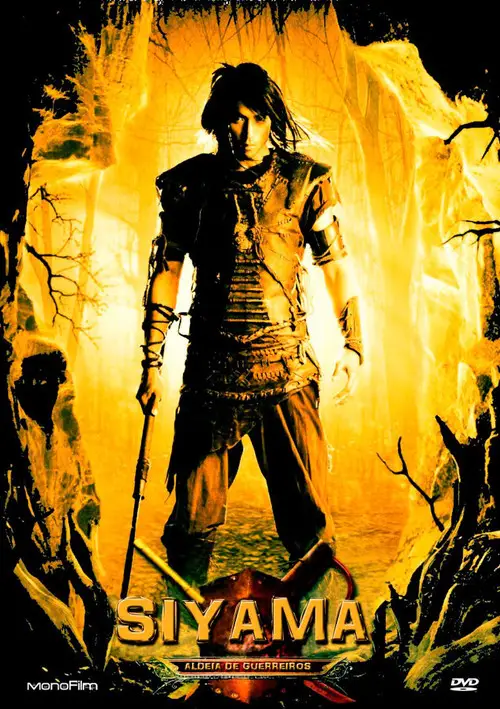Father and Godfather (2007)
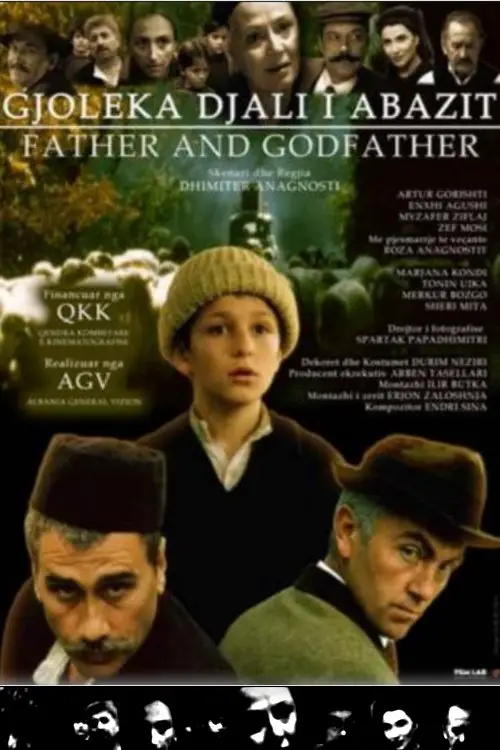
Similar movies
Elias is a 10 year old boy living in Athens with his family in 1969 and has an interest in Jules Verne's stories and in astronomy. His father, with whom Elias has a strong relationship, is a travelling salesman and his absence affects the whole family. On the eve of his departure for a long business trip he promises his son that he'll be back in time to watch the moon landing on TV together, but he is killed in a car accident. While Elias' mother and his elder brother deal with the loss in their own way, Elias refuses to accept his father's death. He creates an imaginary world, in which his father is alive. He shares fictitious stories with his friends, he sends letters to his grandmother on behalf of his father and he dreams of places like he did with him. Elias' mother and his godfather, who do everything to bring him back to reality, take him to a summer house. On the night of the moon landing Elias meets his father in his own way and comes to terms with his loss.
Lagaan tells the tale of the Indian village Champaner, beset by drought and British colonialism in the year 1893. Without a drop of rain in months, the worried villagers of Champaner decide to ask the local authorities for a temporary repeal of their taxes -- the hated lagaan. Led by the heroic Bhuvan (Indian superstar Aamir Khan) they bring their plight to the military governor, Captain Russell (Paul Blackthorne). But the sadistic Russell threatens to raise the lagaan threefold, unless the villagers can beat his men at a game of cricket, in which case he'll lift taxes on the entire province for a period of three years. Bhuvan accepts the challenge, but there's a problem -- no one in Champaner knows how to play cricket. A band of misfits come to the rescue, coached by Russell's soft-hearted sister Elizabeth (Rachel Shelley), and the race is on to be ready in three months' time. An epic reworking of Victory with eye-popping song-and-dance routines.
Based on the bestselling novel by Joanna Trollope Recently returned to England from New York City, vivacious heiress Clodagh Unwin befriends a couple new to her village. The husband is entranced by the young aristocrat, but Clodagh has eyes for someone else: his wife, Alice. Alice has a gilded life--beautiful children, a handsome husband, and a stately home. Secretly, sheâs depressed after the birth of her third child and unhappy in her marriage. Clodagh proves irresistible. But when tongues start wagging, the women learn that love might not be enough.
A veteran samurai, who has fallen on hard times, answers a village's request for protection from bandits. He gathers 6 other samurai to help him, and they teach the townspeople how to defend themselves, and they supply the samurai with three small meals a day. The film culminates in a giant battle when 40 bandits attack the village.
Sometime in the early years of the century, a boy, Apu, is born to a poor Brahmin family in a village in Bengal. The father, a poet and priest, cannot earn enough to keep his family going. Apu's sister, Durga, is forever stealing guavas from the neighbour's orchards. All these add to the daily struggles of the mother's life, notwithstanding her constant bickering with old aunt who lives with the family.
During the Japanese occupation of China, two prisoners are dumped in a peasant's home in a small town. The owner is bullied into keeping the prisoners until the next New Year, at which time they will be collected. The village leaders convene to interrogate the prisoners. The townspeople then struggle to accommodate the prisoners. One is a bellicose Japanese nationalist, the other a nervous translator. Will the townspeople manage to keep the prisoners until the New Year?
A humble and simple Takezo abandons his life as a knight errant. He's sought as a teacher and vassal by Shogun, Japan's most powerful clan leader. He's also challenged to fight by the supremely confident and skilful Sasaki Kojiro. Takezo agrees to fight Kojiro in a year's time but rejects Shogun's patronage, choosing instead to live on the edge of a village, raising vegetables. He's followed there by Otsu and later by Akemi, both in love with him. The year ends as Takezo assists the villagers against a band of brigands. He seeks Otsu's forgiveness and accepts her love, then sets off across the water to Ganryu Island for his final contest.
The story is set in a rural area around Madurai, in the village called Parithiyur. Paruthiveeran (Karthi) is a country brash, He is often arrested for petty crimes. His one ambition in life is to gain enough notoriety to be on TV news and to be thrown into Madras Jail. He often bullies Paruthiyur villagers for money, women and fun. He lives with his doting uncle Chevvaazhai (Saravanan) who pampers and accompanies him in every misbehavior to keep him happy. His cousin Muththazhagu (Priyamani) is the daughter of a caste fanatic who is a prominent person in the village's council. Muththazhagu loves him more than her life, but he remains unmoved and keeps her at bay.
As the plague decimates medieval Europe, rumors circulate of a village immune from the plague. There is talk of a necromancer who leads the village and is able to raise the dead. A fearsome knight joined by a cohort of soldiers and a young monk are charged by the church to investigate. Their journey is filled with danger, but it's upon entering the village that their true horror begins.
In Shakespeare's Hamlet, the leading character observes "The play's the thing, wherein to catch the conscience of the king." In this Yugoslavian movie, a performance of Hamlet in a small village apparently catches the conscience of the whole town. The village commissar, who knows nothing of the play, insists on mounting a production of Hamlet over the objections of the village teacher, who knows the tale well. Thinking only of the prestige it will bring, the commissar plans to use local villagers in the parts. The son of a man the commissar had framed for theft gets the part of Hamlet, and the commissar plays the usurping king. During a fight scene, the boy Hamlet, manages to wrest a confession to the thefts from the town treasurer, but when he hears of his father's suicide, he promptly stabs the commissar. The commissar, bleeding, orders the post-performance dance to go on.
Young Park Seol-Hee is eagerly planning her wedding to a young anti-Communist activist when the North Koreans invade. Her fiancé is forced to flee, leaving her behind with her family in their tiny, rural South Korean village. Rather than resist the North Korean regiment that comes to occupy the area, the townspeople (to Seol-Hee's dismay) decide to cooperate with them in order to ensure their own survival. The North Koreans, however, turn out not to be all that Seol-Hee expected. She soon realizes that there is a history between her family and that of the regiment's leader, Lieutenant Kim Jeong-woong. In between the hilarious day to day antics of Seol-Hee's eccentric family and the hard realities of war, the attachment between Seol-Hee and Jeong-woong grows. As the occupation continues, Jeong-woong becomes torn between trying to follow the increasingly harsh orders from his general and protecting the people that he has come to love and care for so much.
In a small, poor village leaning over high rocky mountains, the villagers are simple and diligent people who struggle to cope with a harsh nature. They earn their living off the earth and a few animals they feed. Fathers always prefer one of their sons. Mothers command their daughters ruthlessly. Ãmer, the son of the imam, wishes hopelessly for the death of his father. When he understands that wishful thinking does not have any concrete results, he begins to search for childish ways to kill his father. Yakup is in love with his teacher, and one day after seeing his father spying on the teacher he dreams too, like Ãmer, of killing his father. Yıldız studies and tries to manage the household chores imposed by her mother. She learns with irritation about the secrets of the relationship between men and women.
Pretty Village, Pretty Flame (Serbian: Lepa sela lepo gore) is a 1996 Serbian film directed by Srdan Dragojevic that gave uniquely bleak yet darkly humorous account of the Bosnian War. It is considered a modern classic of Serbian cinema.[citation needed] Almost 800,000 people went to see the movie in cinemas across Serbia. This equates to approximately 8% of the total country's population at the time of the film's release. The plot, inspired by real life events that took place in the opening stages of the Bosnian War, tells a story about small group of Serbian soldiers trapped in a tunnel by a Muslim force. The film's screenplay is based on an article written by Vanja Bulic for Duga magazine about the actual event. Through flashbacks that describe the pre-war lives of each trapped soldier, the film describes life in former Yugoslavia and tries to give a view as to why former neighbours and friends turned on each other.
Laxmi lives a poor lifestyle in a small village in India along with her husband, Kishtaya, who is a deaf-mute. Both husband and wife work for the wealthy landlord. The landlord's son, Surya, has to cancel his studies and return home to look after the estate, as well as formalize his marriage to Saroj, the girl he was compelled to get married to when he was very young. Shortly thereafter Kishtaya is apprehended stealing toddy from the fields, is severely beaten, left senseless, and when he recovers he absconds, leaving Laxmi alone to fend for herself. Surya finds her attractive and starts an intimate relationship with her, much to the chagrin of the rest of the family. Things only get worse when Saroj moves in to live with Surya - compelling him to make a final decision about a visibly pregnant Laxmi.
In a small Indian village Mandwa, Vijay Dinanath Chauhan is taught about the path of fire (Agneepath) by his principled father. His life is shattered when the evil drug lord Kancha Cheena hangs his father. Vijay leaves for Mumbai with his pregnant mother, and takes an oath that he will return back to Mandwa and take revenge against Cheena. In Mumbai, Vijay is taken under the wings of the drug lord Rauf Lala. Fifteen years later, his hatred for Kancha takes him back to Mandwa.
The story of the film is loosely based on a novel named 'Godavari Kathalu', written by BVS Rama Rao. The film is set in 1986, in Bangarappeta village near Rajahmundry. Malli (Aadhi) and Chitra (Lakshmi Manchu) is a newlywed couple who are forced to battle it out against a devastating flood of the River Godavari. They lose all hope of survival, so they decide to narrate the darkest moments of their lives to each other after they find a support to rest on.
Based on a true story set in 1948, customs officer Mehti is faced with the duty of formally setting up the border between Turkey and Syria, dividing his hometown. He is unaware of the pain that will eminently unfold, as families, languages, cultures and lovers are both ripped apart and clash head on in a village once united.
World War I seems far away from Ireland's Dingle peninsula when Rosy Ryan Shaughnessy goes horseback riding on the beach with the young English officer. There was a magnetic attraction between them the day he was the only customer in her father's pub and Rosy was tending bar for the first time since her marriage to the village schoolmaster. Then one stormy night some Irish revolutionaries expecting a shipment of guns arrive at Ryan's pub. Is it Rosy who betrays them to the British? Will Shaugnessy take Father Collin's advice? Is the pivotal role that of the village idiot who is mute?
A man in priestly robes, seemingly the long-awaited Father O'Shea, arrives at a little-frequented Catholic mission in 1947 China. Though the man seems curiously uncomfortable with his priestly duties, his tough tactics prove very successful in the Seven Villages, as around them China disintegrates in civil war and revolution. But he has a secret, and his friendship with mission nurse Anne (an attractive war widow) seems to be taking on an unpriestly tone.
The Story of Qiu Ju is a 1992 Chinese comedy-drama film. The film was directed by Zhang Yimou and, as in many of his films, stars Gong Li in the title role. The screenplay is an adaption of Chen Yuanbin's novella The Wan Family's Lawsuit. The film tells the story of a peasant woman, Qiu Ju, who lives in a rural area of China. When her husband is kicked in the groin by the village head, Qiu Ju, despite her pregnancy, travels to a nearby town, and later a big city to deal with its bureaucrats and find justice.
Dilber lives with her family in a very poor eastern village, her only dream is to marry her childhood lover, Ali. But when she finds out that it won't happen because of a reason that she can't get away with, she gets crazy and lock herself up in her family's barn. Then she makes everybody knows that she'll marry the first guy who proposes and won't leave the barn till that happens. One day, a limping man comes to the village. He's alone and has heard that there's a girl in that village who's ready to marry him.
Phaen is a suburban young man with a great love for music. He never misses a chance to show off his voice at temple fairs in his village. It is at one of the fairs that he meets and falls in love with Sadao. On their wedding day, Phaen gives Sadao a transistor radio that the new family loves, and it also gives Phaen many a daydream of becoming a famous singer himself. Soon, Sadao is pregnant and it is hard for Phaen to leave home, but he has to enter military service. While there, he enters a singing contest, and winds up first runner-up. So he decides to leave the service and heads for Bangkok to follow his dream. He spends two years in a band that never goes anywhere, and eventually is forced to work in a sugarcane plantation. But a fight causes him to lose his job. As things go from bad to worse, he recalls his transistor radio with fondness, for it evokes in his mind much better and more peaceful times, when dreams were still possible. Written by
In Majdal Shams, the largest Druze village in Golan Heights on the Israeli-Syrian border, the Druze bride Mona is engaged to get married with Tallel, a television comedian that works in the Revolution Studios in Damascus, Syria. They have never met each other because of the occupation of the area by Israel since 1967; when Mona moves to Syria, she will lose her undefined nationality and will never be allowed to return home. Mona's father Hammed is a political activist pro-Syria that is on probation by the Israeli government. His older son Hatten married a Russian woman eight years ago and was banished from Majdal Shams by the religious leaders and his father. His brother Marwan is a wolf trader that lives in Italy. His sister Amal has two teenager daughters and has the intention to join the university, but her marriage with Amin is in crisis. When the family gathers for Mona's wedding, an insane bureaucracy jeopardizes the ceremony.
Patricia, a woman from Dominican Republic, needs a home and an economic security that her illegal status in Madrid does not provide her. Milady, twenty, born in Havana and dying to travel the world. Marirosi has a job, a home, and the most complete solitude... just like Alfonso, Damián and Carmelo, men from the St. Eulalia, a village lacking both marrying women and future. A bachelors' party forces the encounter between them and the beginning of this bittersweet story of sharing a living.
10-year-old Sota lives with his grandfather and a dog named Chibi in a small snowy village. They live in such a poverty that Sota cannot even afford to go to school, but however hard the situation is, Sota never holds a bad feeling against anyone around and keeps his dream alive to become a painter. He has been friends with Sayo, a girl brought up in a wealthy family, ever since they were little despite the difference of their family position, which Sayoâs father has uneasy feelings against. In spite of the difficulties he faces, Sota manages to complete a piece of painting which he wishes to give Sayo. He and Chibi goes down a snowy night path to Sayoâs house to find that her fatherâs storage is on fire... What waits for Sota and Chibi gently reminds that genuine happiness always exists in your heart.
Hundreds of years ago in Lapland, a little boy named Nikolas loses his family in an accident. The villagers decide to look after the orphaned boy together. Once a year - at Christmas - Nikolas moves to a new home. To show his gratitude, Nikolas decides to make toys for the children of the families as good-bye presents. Over the years, Nikolas's former adoptive families become many, and soon almost every house has presents on its doorstep on Christmas morning. At thirteen, Nikolas is sent to live and work with Iisakki, a grumpy old carpenter, who forbids Nikolas to continue making presents for Christmas. Gradually, however, Nikolas wins Iisakki's trust. Together they begin to look after the Christmas traditional that Nikolas has begun. When the aged Iisakki has to leave Nikolas and move away, the tradition of Christmas presents is once again at risk. Thankfully, Nikolas comes up with a solution that brings children joy every Christmas, even continuing to today.
Blind Mountain follows a young woman, Bai Xuemei, in the early 1990s who recently graduated from college and attempts to find work to help pay for her brother's education. In the process, she is drugged, kidnapped and sold as a bride to a villager in the Qinling Mountains of China's Shaanxi province. Trapped in the fiercely traditional town, the young woman finds that her avenues of escape are all blocked. As she searches for allies, including a young boy, a school teacher and a mailman, she suffers from being raped by her "husband" and continued beatings at the hands of the villagers, her husband, and her husbands' parents.
Ten years before her death, Joan hears voices. Six years later, from the village of Domremy, she begins her mission to unite France under King Charles. First she leads a defense of Vaucouleurs against the Burgundians, then obtains safe passage to Charles, the Dauphin. He uses her, as the embodiment of the mythical "Maid of Lorraine," to raise an army, and he sends her to the rescue of Orléans. After Charles is crowned, Joan leads a disastrous campaign in Paris, where her brother dies. Then she's the victim of Charles's manipulations: she's captured in Burgundy, sold to the English, examined by Bishop Cauchon, found a heretic by the Inquisition, and burned at the stake.
In this little Provencal village, a new baker, Aimable, settles down. His wife Aurelie is beautiful and much younger than he. She departs with a shepherd the night after Aimable produces his first breads. Aimable is so afflicted that he can not work anymore. Therefore, the villagers, who initially laughed at his cuckoldry, take the matter very seriously (they want the bread) and organize a plan to find Aurelie and to bring her back to the bakery.
Jumpei Niki, a Tokyo based entomologist and educator, is in a poor seaside village collecting specimens of sand insects. As it is late in the day and as he has missed the last bus back to the city, some of the local villagers suggest that he spend the night there, they offering to find him a place to stay.
13-year-old Pablo is a quiet, lonely boy with a troubled past. His only friend is Julia, a shameless 15-year-old girl who is more than willing to help Pablo with his transition from childhood to adolescence, and give him some advice on sex, love and life in general. On a quiet country road just outside of the village, Pablo meets Paco, an oddly calm, well dressed stranger whose car just broke down. Nevertheless, he seems more interested in the boy than fixing his problem. At first Pablo maintains a cautious distance from the stranger, vaguely heeding his fellow villagers' advice to keep his distance. However, the boy's subconscious quest to find understanding of his dark past and guilt makes him lose all of his protective layers. He sees a new friend in Paco; someone he can open up to and feel valued by almost like a replacement father. As Pablo's affection grows for the man, he is unknowingly and blindly being lead toward a tragedy that will scar him for life.
Greg,an unsuccessful screenwriter and Rachel,a beautiful journalist research an outbreak of mass hysteria in a small village. They start to uncover a secret about ergot poisoning that has affected this village for years. But the cult activity has been kept a secret by the locals and when Greg disappears, Rachel is left alone to unravel the mystery and save their lives.
Set right before the fall of Thailand's old capital, Ayuttaya, Bang Rajan draws on the legend of a village of fighters who bravely fended off the Burmese armies. With no support from the Royal army, the villagers drives the invading Burmese away many times until their names have become legendary during the time. As each subsequent battles becomes fiercer, the villagers tries to forge a canon to battle the enemy in a final battle where everyone, women and children included, die in combat.
The quiet village of Bramley End is taken over by German troops posing as Royal Engineers. Their task is to disrupt England's radar network in preparation for a full scale German invasion. Once the villagers discover the true identity of the troops they do whatever they can to thwart the Nazis plans.
Three young lives from the present are mysteriously destined to travel back in time through a portal to an old forgotten city. It is an era of civil war among the people of Siam where the fight is to protect the capital city of Ayuthaya from being conquered and overthrown. Bloodshed is about to unfold among the small group of villagers loyal to their land and prepared to battle to the death with the opposing military troops of Ong Mien, known for their cut throat, piercing swords.
© Valossa 2015–2025
| Privacy Policy
